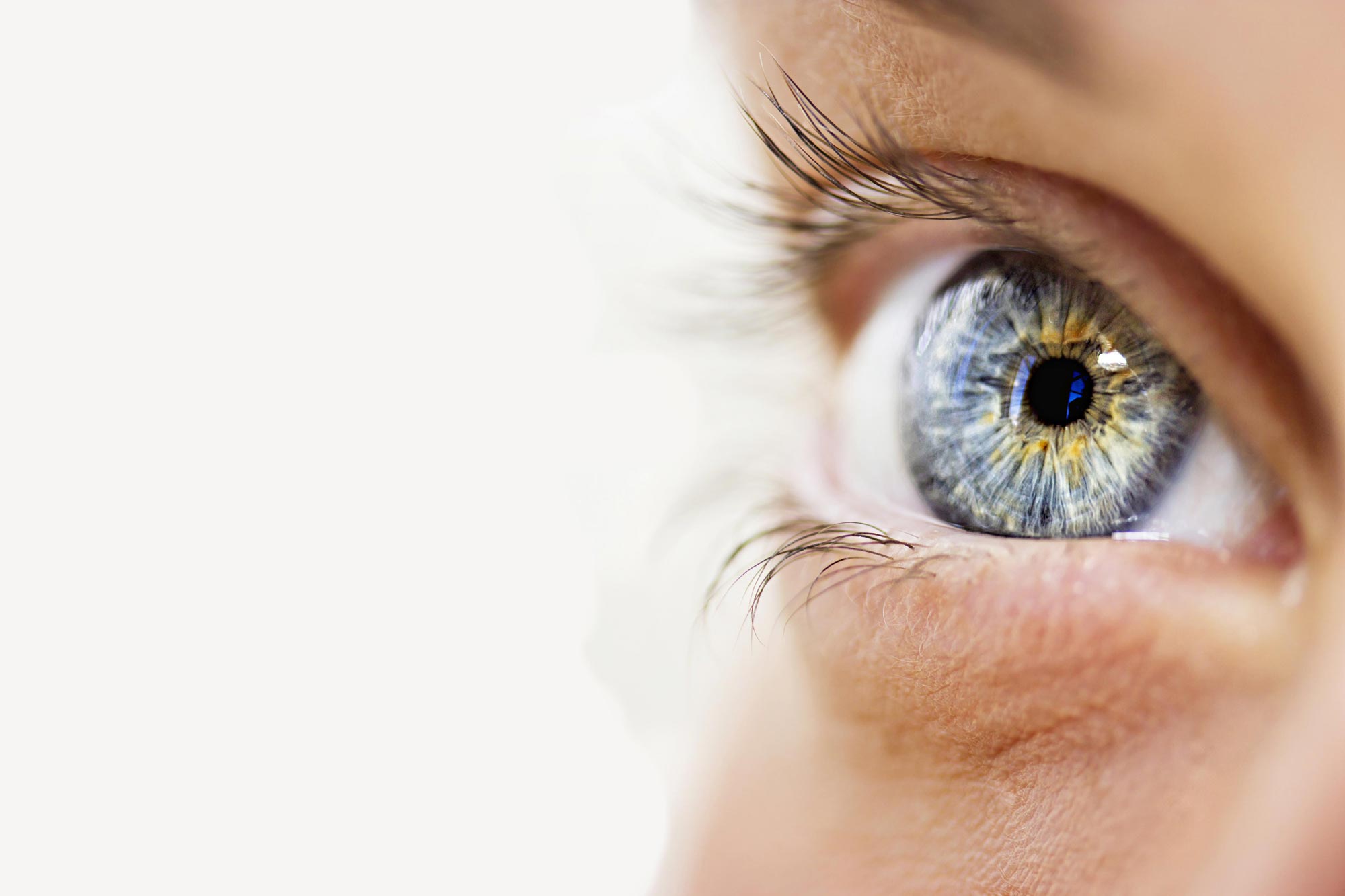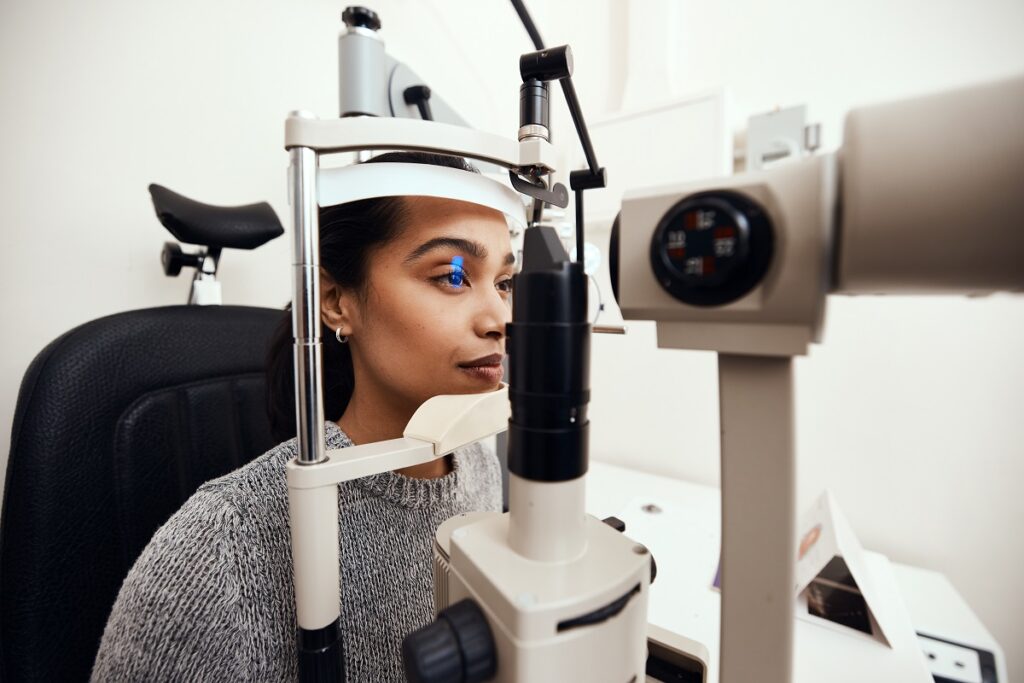Seasoned Optometrist for Comprehensive Eye Tests
Seasoned Optometrist for Comprehensive Eye Tests
Blog Article
The Value of Routine Eye Examinations: Insights From an Experienced Ophthalmologist
Routine eye tests serve as an important part of health care that extends past plain vision adjustment. An experienced eye physician can offer understandings into just how these evaluations not just find usual eye conditions but additionally expose underlying wellness issues that may or else go unnoticed.
Advantages of Routine Eye Exams
Although several people might overlook the significance of routine eye examinations, these analyses play a vital duty in keeping general wellness and wellness. Regular eye evaluations serve not only to examine vision however additionally to spot early indicators of systemic health problems, consisting of diabetes and hypertension. By determining these conditions at their inception, individuals can receive timely interventions, significantly enhancing long-lasting outcomes.
Additionally, eye exams can help in keeping an eye on existing health problems, making certain that any type of adjustments in vision or eye health and wellness are promptly addressed (optometrist). The assessments permit tailored recommendations concerning eyeglasses, way of life modifications, and safety procedures versus possible eye pressure or damages
Beyond physical health and wellness, the benefits of regular eye examinations extend to improving top quality of life. Inevitably, focusing on eye examinations cultivates a positive approach to health and wellness administration, empowering individuals to take fee of their well-being.
Common Eye Conditions Detected
Regular eye tests are important in identifying a selection of common eye conditions that can significantly influence vision and total health. Among the most prevalent conditions identified during these evaluations are refractive mistakes, including myopia (nearsightedness), hyperopia (farsightedness), and astigmatism. These conditions often show up as obscured vision and can be quickly remedied with prescription glasses or get in touch with lenses.
Additionally, cataracts, which trigger clouding of the lens, are frequently detected in older adults. This problem can result in reduced vision and calls for medical intervention for resolution. An additional common concern is glaucoma, a group of eye diseases that damage the optic nerve, frequently linked to enhanced intraocular pressure. Early detection is critical as it can stop irreversible vision loss.
Age-related macular degeneration (AMD) is an additional substantial condition that influences main vision, specifically in individuals over 50. Lastly, diabetic retinopathy, a difficulty of diabetes mellitus, can lead to serious vision disability if not kept track of routinely. With thorough eye examinations, these problems can be recognized early, permitting timely monitoring and treatment to preserve vision and enhance top quality of life.
Relevance of Very Early Detection
Early detection of eye problems plays an important role in preserving vision and avoiding considerable health and wellness complications. Several eye diseases, such as glaucoma, diabetic retinopathy, and age-related macular deterioration, can progress silently without noticeable symptoms in their early stages. By the time signs manifest, irreversible damage might have happened, resulting in permanent vision loss.
Routine eye examinations assist in very early medical diagnosis, enabling prompt treatment and treatment. For instance, dealing with raised intraocular pressure can avoid the onset of glaucoma, while managing blood glucose degrees can significantly decrease the danger of diabetic person retinopathy. Additionally, problems like cataracts can be effectively taken care of with surgical intervention when identified early.

Exactly How Usually Should You Go To?
Figuring out the frequency of eye examinations is necessary for maintaining optimal eye health and wellness and vision. The basic referral for adults is to have a detailed eye test each to two years, depending on private risk aspects and age. For people matured 18 to 60, a test every 2 years is typically sufficient if no vision problems are present. Nevertheless, those over 60 must think about yearly examinations, as the danger of age-related conditions increases substantially.
People with certain danger elements, such as a family history of eye disease, diabetes mellitus, or existing vision troubles, may call for even more constant evaluations. Youngsters need to have their initial eye test at 6 months of age, followed by added tests at age 3 and before going into school. Normal examinations during youth are essential as vision can alter rapidly throughout developmental years.
Inevitably, the frequency of gos to need to be customized to each person's circumstances, including way of life, job-related dangers, and any pre-existing eye problems. Consulting with an eye treatment professional can offer individualized suggestions, ensuring that your eye health and wellness is on a reference regular basis kept track of and kept.
Tips for Your Eye Exam
Planning for your eye exam can improve the performance of the see and ensure a detailed examination of your eye health. To maximize your time with the eye medical professional, it is important to collect pertinent information before your visit. Start by compiling a list of any kind of medicines you are currently taking, including over-the-counter medicines and supplements, as these can affect eye health and wellness.
Furthermore, record any signs you have actually experienced, such as blurred vision, discomfort, or frustrations. this post This information will assist your eye physician in detecting potential problems.
It is likewise advantageous to have a household background of eye conditions available, as hereditary aspects can add to your eye health. Finally, think about scheduling your examination temporarily when you are less rushed, enabling you to ask inquiries and review your issues extensively. By preparing effectively, you guarantee that your eye test is efficient which your ophthalmologist has all the required details to supply the ideal treatment feasible.

Final Thought
Normal eye exams play an important duty in preserving both vision and general wellness. They facilitate the early detection of various eye conditions and systemic problems, permitting for timely intervention. The referrals for regularity highlight the relevance of aggressive treatment. Carrying out easy preparatory pointers can improve the assessment experience. Eventually, prioritizing comprehensive eye evaluations adds substantially to the preservation of vision and the renovation of lifestyle, underlining the need of regular eye care in preventive medical care methods.
Regular eye tests are critical in discovering a range of typical eye problems that can considerably impact vision and total health and wellness.Figuring out the frequency of eye tests is vital for maintaining optimum eye health and wellness and vision.Preparing for your eye exam can improve the efficiency of the check out and guarantee a thorough analysis of your eye health (optometrist). By preparing about his effectively, you ensure that your eye examination is productive and that your eye medical professional has all the required information to give the finest treatment feasible
Ultimately, prioritizing thorough eye assessments adds dramatically to the preservation of vision and the enhancement of top quality of life, underlining the requirement of regular eye treatment in preventative medical care techniques.
Report this page